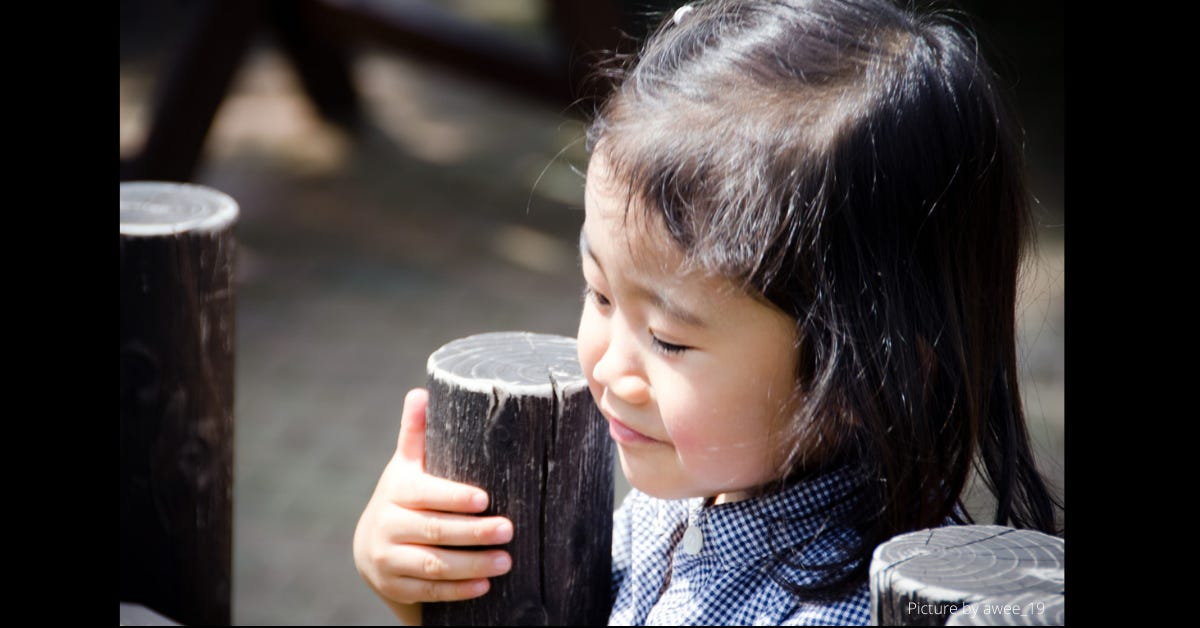Ending Child Abuse in Japan
Child abuse is not okay
Japan lags other countries in addressing child abuse. Its government only started to track the number of child abuse consultations delivered by child consultation centers countrywide in 1990. Consultations—nearly 200,000 of them in 2019—have dramatically increased in recent years. This is in part due to growing public concern and a string of media reports involving high profile cases like that of 10-year-old Mia Kurihara.
In late 2017, Kurihara filled out what she thought was a confidential school questionnaire, alerting school authorities that her father regularly beat her. It was a direct call for help. Child services quickly took Kurihara into protective care, but then released her a month later. School authorities also gave a copy of the confidential questionnaire to the child’s father, after he reportedly bullied them into doing so. A year later Kurihara was found dead in her home, the apparent victim of child abuse.
Kurihara’s death shocked Caitlin Puzzar, an Assistant Language Teacher (ALT) based in Kumamoto, Japan. Puzzar thought, “How could authorities have such disregard for the life of a child?” The 26-year old had worked for several years in Japan teaching English to elementary and junior high school students, where she became aware of instances of potential abusive behavior.
“Child abuse is not okay,” she says.
Around then, Puzzar attended a two-day social entrepreneurship course called the Kumamoto WISE Program. The WISE Program was a collaborative effort between Japan Institute for Social Innovation and Entrepreneurship (JSIE) and Kumamoto Prefecture. The program operated in a similar way to the popular Startup Weekend, but arguably served a more diverse and inclusive group of participants.
Programs like these provide a setting for entrepreneurial wannabes to gain team building skills and explore entrepreneurship as a career option. Over a two or three day period participants break into teams to develop competing business ideas. Experienced mentors facilitate the process. The teams work toward making a final presentation before a panel of judges. The team with the best pitch wins an award.
Puzzar’s team chose to work on an app that kids could use at school to reveal instances of child abuse. “The idea came from my ‘at school’ experience, background, concerns about child abuse and a few others, including Japanese doctors and people working with me,” she explains. At the end of the event their team won the award for best idea. She eventually went on to launch the app on her own. Now three schools are testing it with the support of Kumamoto City Board of Education.
Puzzar was born and raised in Liverpool, England to a police family. She studied criminology and Japanese language at university, before moving to Japan in 2016 under the JET Program. The WISE Program later provided an introduction to startups and business. What she otherwise lacked in business experience she compensated for with passion and life experience working with kids.
After WISE, the ALT returned to teaching but felt frustrated that nothing had changed. Children continued to suffer abuse. Change occurs slowly, especially in the inaka (countryside), she thought. Still, she did what she could, by becoming a voluntary Kumamoto City Vice Prefectural Advisor in her spare time.
The breakthrough came in October 2019 when she and a few other winners of JSIE events around Japan got invited to Tokyo to pitch their ideas before an angel investor. Puzzar thought she was going to Tokyo to get advice. She couldn’t imagine her business idea would get funding. In fact, hers was the only project to get investment. “From there, everything just kind of sped up,” she says.
At the start of 2020, Puzzar hired a software company to begin building the app. She used April and May downtime caused by Covid-19, when the school where she worked closed, to work on her new venture from home. In July 2020, she approached the Kumamoto City Board of Education to ask for permission to test the app in schools.
Puzzar gained the support of Kumamoto City Board of Education in December 2020. The app, called Guardian, is now being tested at three schools—one junior high school and two elementary schools. In total, about 1,000 students across the ages of 7 to 15 are trailing it.
Being a vice prefectural advisor helped secure approval. “I was at least a name that they knew,” she says, adding how difficult it remains for young and female foreigners living in Japan to be taken seriously.
The app is an online questionnaire designed to reveal child abuse, bullying, mental health issues and so forth at school and at home. Puzzar says Guardian asks questions which address a wider set of issues than do similar surveys in current use in Japan.
Survey questions were drawn from psychological tests used by hospitals and clinics in the US and Britain. Questions sets are age specific, so elementary, junior high and high school students each receive questions pitched at their level.
Teachers assign the questionnaire to students for completion within a given time frame, for example daily, once a week or once a month. The daily questionnaire asks three or four questions like, “How are you feeling today?” Students answer by selecting an emoji for “happy” or “sad” and so forth.
Kids quickly get used to taking the survey. “They love it,” she reports. “It is easy to understand, fun and quick” to complete. Older teachers, however, resist. “The teachers, especially the older ones, find learning the app mendokusai (problematical),” she admits. To remedy, she holds teacher training sessions in the evenings, while teaching English and running a startup by day.
With more efforts like hers, this author hopes for earlier detection and reduction of child abuse in Japan.
Richard Solomon is an author, publisher and spokesman on contemporary Japan. He posts regular Beacon Reports at www.beaconreports.net




